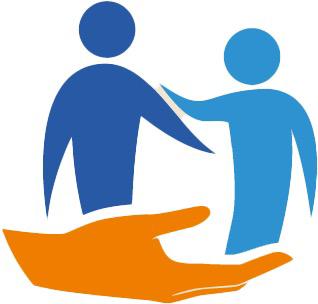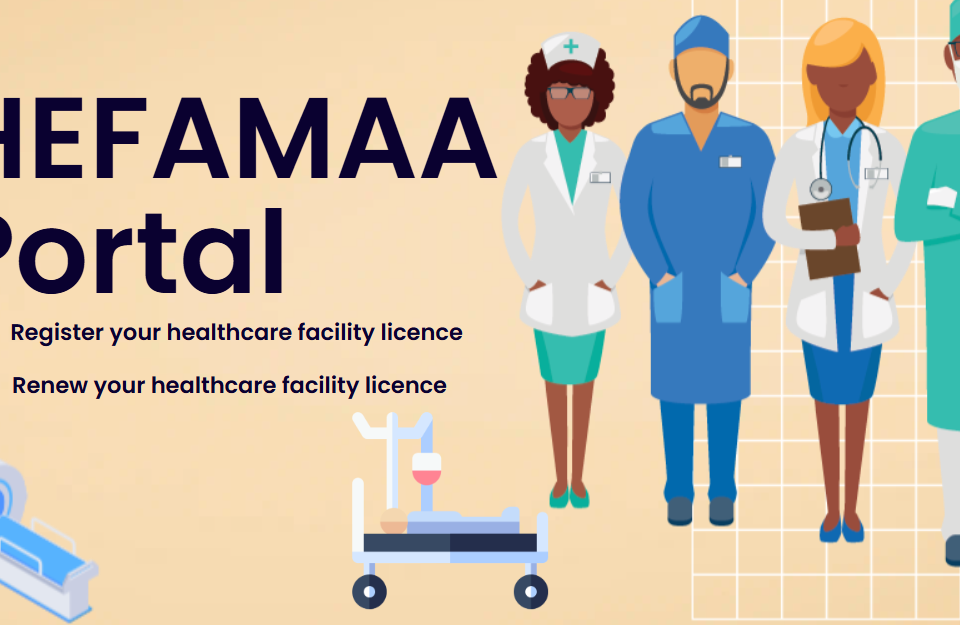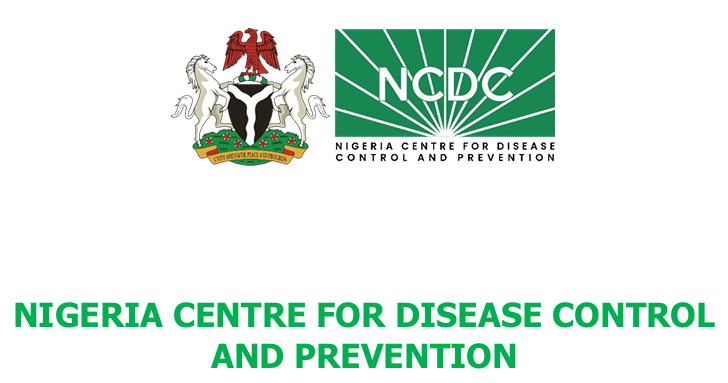CHOLERA FACT SHEET

Cholera Fact Sheet
Introduction
Cholera is a highly infectious disease that can cause severe, life-threatening diarrhea. The disease is a significant public health concern, especially in communities with inadequate water treatment, poor sanitation, and hygiene practices. This fact sheet aims to provide comprehensive information about cholera, focusing on its impact in Nigeria, particularly in Lagos State, where outbreaks pose serious health risks to the population.
Epidemiology in Nigeria
Recent Outbreaks: Nigeria has experienced multiple cholera outbreaks, with significant cases reported from various states. As of epidemiological week 17, 2024, 25 states have reported a total of 815 suspected cases, including 14 deaths, resulting in a case fatality ratio (CFR) of 1.7%. Lagos State has had an increase in cases of persons with gastroenteritis following the rains.
High-Risk Areas: Urban slums and densely populated areas with poor sanitation are particularly vulnerable to cholera outbreaks.
Statistics: The current year has seen a 62% decrease in suspected cholera cases compared to the same period in 2023. Deaths have decreased by 76% over the same period. Recent data indicate an increase in cases during peak seasons, emphasizing the need for continuous monitoring and preventive measures.
Transmission
Direct Transmission: Ingestion of food or water contaminated with Vibrio cholerae.
Indirect Transmission: Poor sanitation practices, such as inadequate disposal of feces and lack of handwashing, facilitate the spread of the bacteria.
Case Definition
- Alert Case: Any case of severe dehydration or death from acute watery diarrhea in a person aged 2 years or more.
- Suspected Case: Any person aged 2 years or more with acute watery diarrhea and severe dehydration or who dies from acute watery diarrhea.
- Probable Case: A suspected case in an area where a cholera outbreak has been declared.
- Confirmed Case: A suspected or probable case in which Vibrio cholerae O1 or O139 strain has been isolated from the stool.
Clinical Presentation
- Mild Cases: Often asymptomatic or mild diarrhea.
- Severe Cases: Characterized by profuse watery diarrhea, vomiting, rapid dehydration, muscle cramps, and in severe cases, shock.
Laboratory Confirmation
- Stool Sample: Isolation of Vibrio cholerae from a stool sample is the definitive method for confirming cholera.
- Rapid Diagnostic Tests (RDTs): Can provide quick preliminary results but should be confirmed with stool culture.
Management
- Rehydration Therapy:
- Oral Rehydration Salts (ORS): For mild to moderate dehydration.
- Intravenous Fluids: For severe dehydration.
- Antibiotics: Can shorten the duration and severity of illness. Common choices include doxycycline, azithromycin, and ciprofloxacin.
- Zinc Supplements: Especially beneficial for children to reduce the duration and severity of diarrhea.
Prophylaxis
Vaccination: Oral cholera vaccines (OCVs) are available and recommended for populations in high-risk areas. These vaccines provide significant but not complete protection against the disease.
Prevention
- Safe Drinking Water: Ensure water is boiled, chlorinated, or bottled. Avoid ice made from untreated water.
- Proper Sanitation: Use latrines and ensure safe disposal of feces. Avoid open defecation.
- Hygiene Practices: Wash hands with soap and clean water regularly, especially before eating, preparing food, and after using the toilet.
- Food Safety: Consume well-cooked food, avoid raw or undercooked seafood, and peel fruits and vegetables. Be cautious with street food.
- Community Health Education: Inform the public about the importance of clean water, sanitation, and hygiene practices.
- Environmental Management: Improve infrastructure for water and sanitation, especially in high-risk areas.
Key Contacts for Assistance:
- Lagos State Ministry of Health: Contact for guidance, support, and updates on cholera outbreaks.
- Local Healthcare Facilities: Hospitals and clinics for treatment and advice.
- Emergency Hotlines: In case of any suspected case of Cholera, please kindly call the Disease Surveillance & Notification Officers [DSNOs] in your LGA or the Medical Officer of Health or Lagos State Ministry of Health should be notified by calling these GSM numbers: 08023169485, 08137412348. Use designated helplines for reporting cases and receiving instructions. Call 767 or 112.
Additional Resources
World Health Organization (WHO): www.who.int
Nigeria Centre for Disease Control (NCDC): www.ncdc.gov.ng



